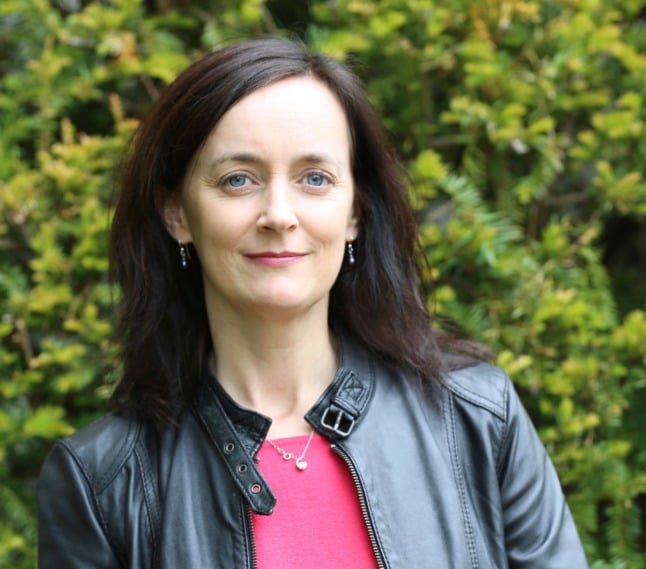The latest findings on the trends in the Swiss population’s disability-free life expectancy, published in Swiss Medical Weekly, analysed the health of 65 to 80-year old men and women between 2007 and 2017.
The study showed that the disability-free life expectancy for both men and women aged 65 increased significantly over the 10-year study period.
The study found that by 2017 men aged 65 in Switzerland could expect to live another 16.2 years in good health. That was an increase of 2.1 years compared to 2007 when on average men could expect to live another 14.1 years without suffering a disability.
Meanwhile women in Switzerland aged 65 could expect to live for another 16 years in good health in 2017. This reflects an increase of 1.5 years compared to 2007.
In terms of overall life expectancy, so not just in good health, the study found that men aged 65 in Switzerland can expect to live for another 19.7 years and women for another 22.1 years.
So in other words although women can expect to live longer in Switzerland compared to men they are on average in poor health for longer.
Life expectancy with severe disability decreased at both ages by around 6 months in women and 2 to 3 months in men.
In addition to the findings in the current study, the Swiss Medical Weekly stated that future trends in disability-free life expectancy may be impacted by the COVID-19 pandemic, though only momentarily.
The authors believe that new studies should be conducted in the coming years to monitor any future trends in both Swiss people’s life expectancy with and without disability.
But why do the Swiss live longer?
According to data published by the World Health Organisation (WHO), Swiss men outlive men from other countries at a life expectancy at birth of 81.75 years, while Swiss women currently rank 7th at a median life expectancy of 85.08 years.
Overall, the Swiss have the world’s second longest life expectancy (83.45 years), only surpassed by Japan’s 84.26 years average.
While it’s comforting to assume one can enjoy a longer and more importantly healthier life in Switzerland, you may be wondering why that is the case.
While there is no one size fits all answer to this conundrum, Switzerland’s Federal Statistical Office names several factors that may contribute to its residents’ longer and healthier lives, such as well-distributed material wealth, a balanced and healthy diet, low risk working conditions and the country’s clean environment.
It also states that a person’s social status can play a central role in their overall life expectancy – even more so than access to high-quality health care.
A higher social status, the Federal Statistical Office finds, often equates to a higher-level education which in turn means a person is more likely to educate themselves on the benefits of nutrition and exercise and hence, enjoy good health for a long time.




 Please whitelist us to continue reading.
Please whitelist us to continue reading.
Member comments